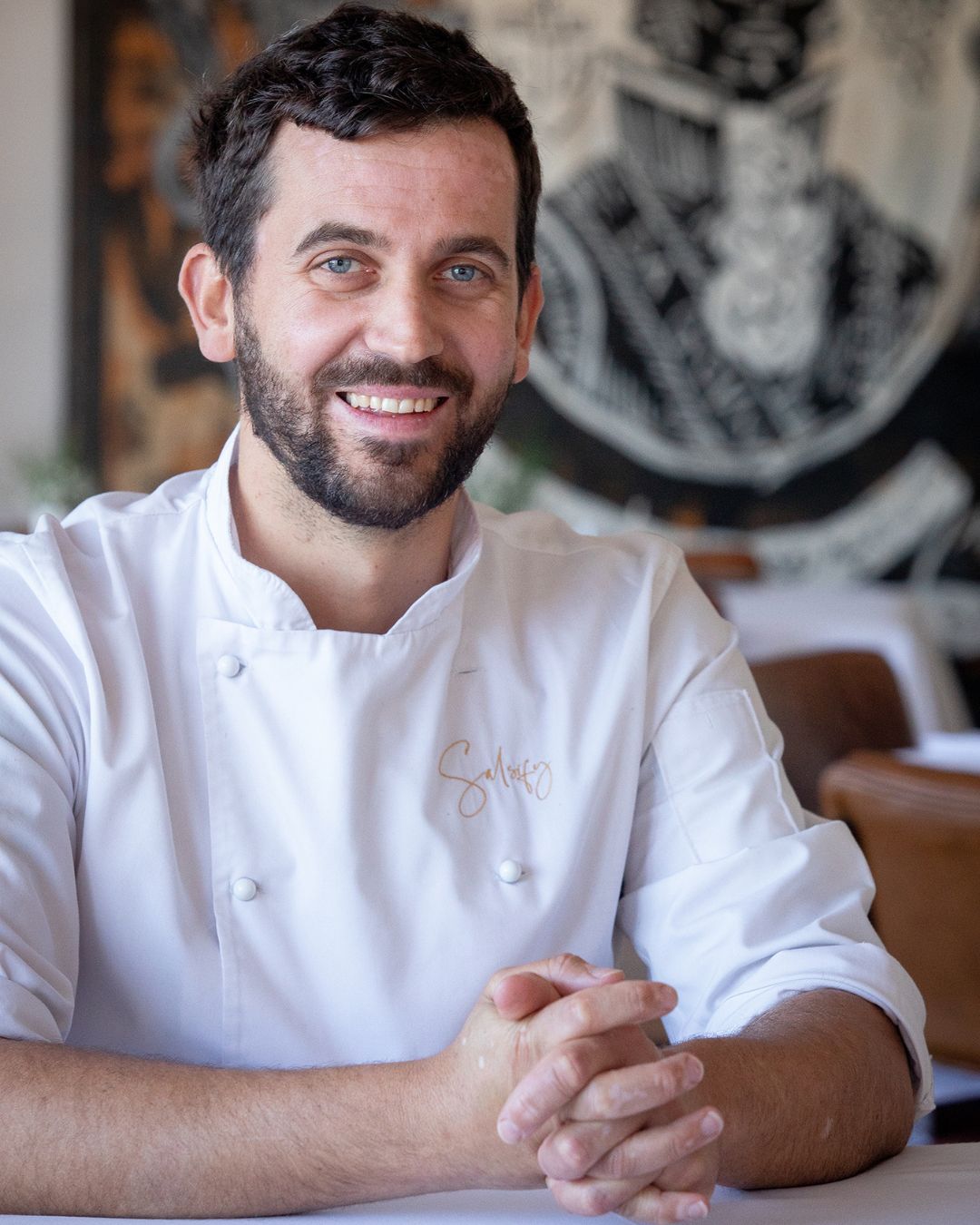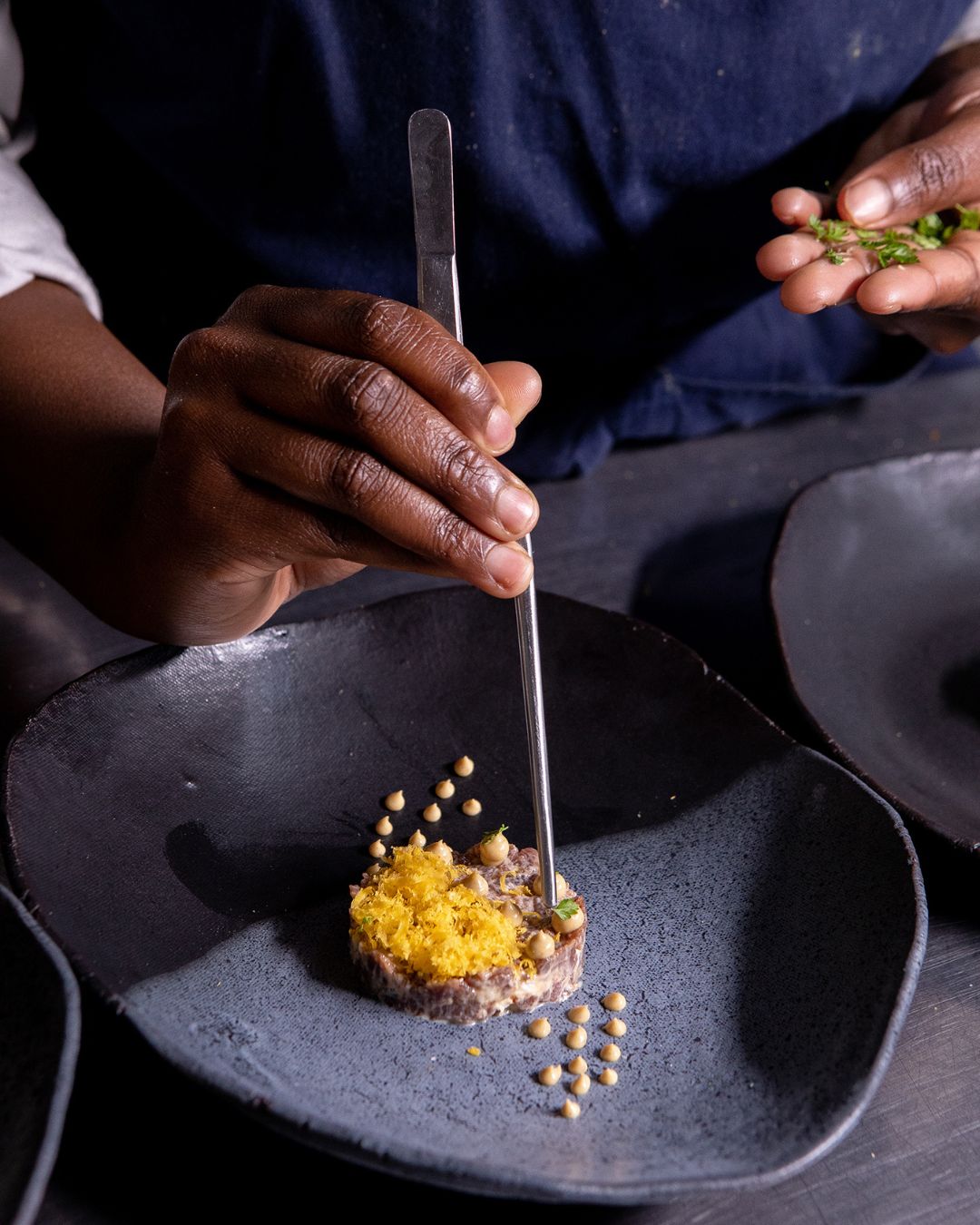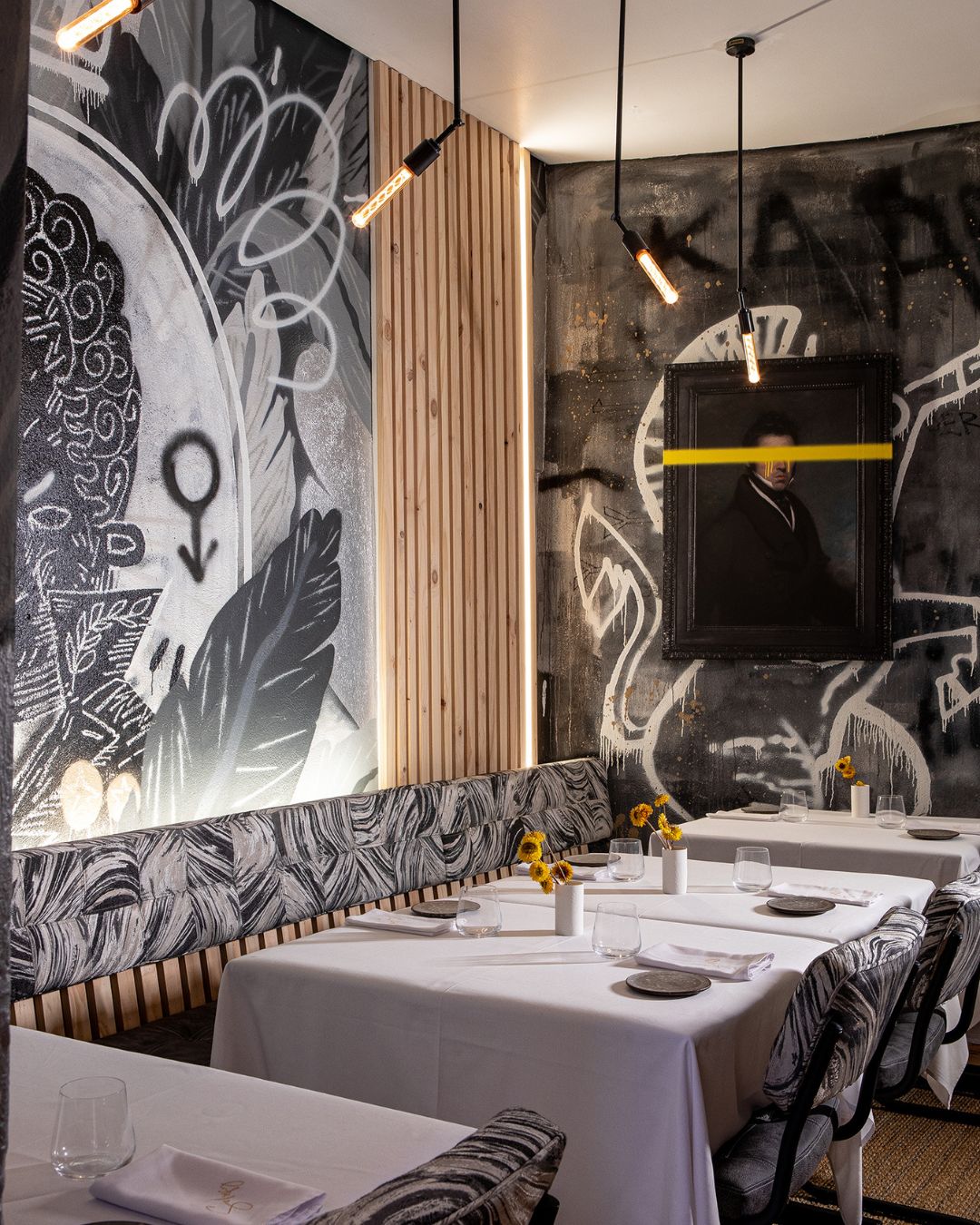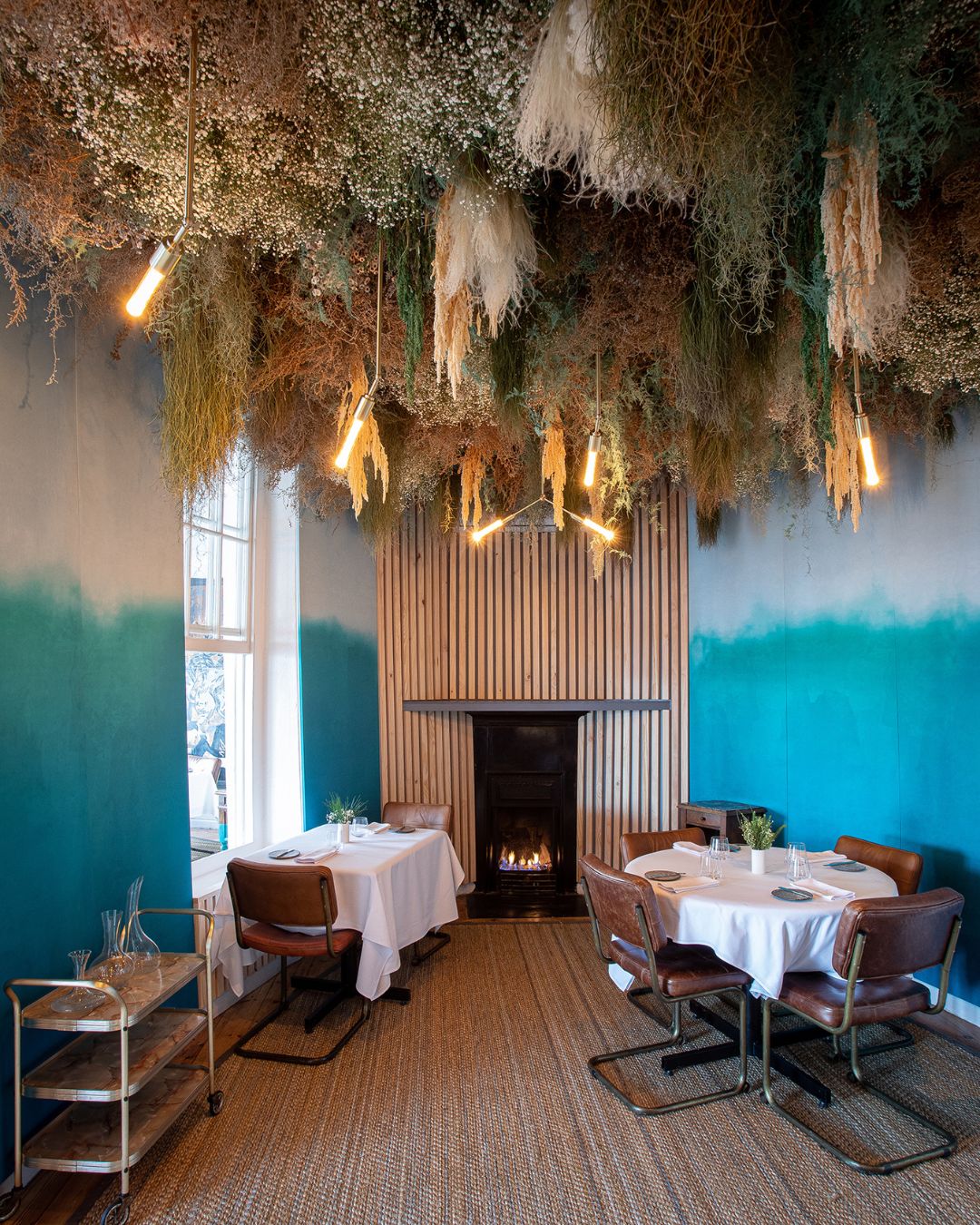As the industry slowly but surely recovers from the impact of the last two years, the celebrated chef behind the three-starred Salsify at the Roundhouse offers a look into what the year ahead may hold when it comes to restaurant, food and drink trends.

Hyper-endemic and indigenous ingredients, flavours and techniques
The chef expects to see a shift away from the international cuisines and techniques, with kitchens looking towards heritage and origin. It’s going to be about the discovery of land at a hyper local level.
“For instance, we’ll be looking at what Camps Bay used to be, what has been eaten here in the past, and how it was cooked. The discovery of what was, will lead to what will be,” explains the chef.
It’s going deeper into those buzzwords of locality and seasonality, the country’s restaurants long proven that they cook to an international standard. Now it’s time to discover the country and even continent’s own culinary history. Looking at food in a regional, South African and African context.

“We have so much culture, history and heritage on this continent, and I really think that’s going to be the next point of exploration,” says Cole.
There’s been a lot of talk around fermentation the past few years too but again it’s going to go deeper into history and heritage. Ancestral fermentation techniques like fermenting in honey, or fermenting berries to must – it’s essentially lacto-fermenting – but these were all techniques used by past generations to preserve and extend ingredients through seasons.
Think local versions of vinegars made using indigenous ingredients or expressions of the oldest alcoholic beverage, mead, making appearances on menus.
Africa Rising
From the hyper-endemic to continental cooking, the chef also expects to see the further development and ownership of African identity in food – looking up into the continent and seeing what’s happening across it.
“The capabilities of the continent are really come to the fore. We have so much culture, history and heritage throughout Africa, and I really think that’s going to be the next point of exploration,” says Cole.
The same will be true when it comes to ingredients. Expect the likes of madumbi, casava, okra and river greens to be incorporated into dishes. The same can be said about game meat and poultry – the chef sees a move towards using more local venison, guinea fowl and quail.
Though it’s not only in the food where Africa will shine according to the chef, this year he hopes to see the honouring of African hospitality.

“We don’t need to be implementing European standards of hospitality. Here at Salsify, we have a Nigerian sommelier, waiters from Zimbabwe, and young chefs and students from across the country – we should be bolstering and celebrating all our identities. That African warmth, bringing people in, treating people like they’re in your home. It’s somethings that’s special and deserves to be celebrated,” he concludes.
Fine Dining Remains
There was a lot of hype around fine dining dying but, post pandemic it can be seen that couldn’t be further from the truth. People are excited to come out and value experiences more than ever.
“In a way, it’s the same as going to theatre, or a concert – something that is firmly here to stay. It’s been incredible seeing the appetite for what we offer here at Salsify, now more than ever people are excited to come out and experience new things, there’s almost a new lease on life,” he explains.

As such, restaurants will be investing more time, money and energy into creating these culinary experiences. Expect constantly changing menus and even spaces, plenty of bespoke crockery – made just for a certain dish or style of presentation. The same is true for cutlery – the chef currently having specific knives and forks designed for certain services.
This also creates the opportunity to celebrate and champion local makers and artisans. Allowing the restaurant to further support communities in surrounding areas, through this drive for bespoke and custom-curated pieces, processes and artworks.
Niche Varietals and Wines
When it comes to wine, the chef expects a host of interesting and often unheard-of grape varieties or different styles of wine to be popping up – especially on tasting menus. These are wines that patrons are unlikely to have come across in a shop or tried elsewhere.
“We really love working with unexpected and unusual varieties, when it comes to pairing. Many of the lesser-known types of wine make for phenomenal food wines and it enhances the experience when the guest can try something new or which they may not have even heard of before,” he says.

The likes of Riesling, Cinsault, Touriga Nacional and Mourvèdre are just some of the more obscure varietals you may find on Salsify’s current wine list, while they’ve recently also been swapping out their dessert wines for the likes of aged Cape Ports and dry sherry style wines.
ALSO SEE: Top food trends for 2023, and a healthy dose of yum!
Issued on behalf of Salsify at the Roundhouse by Pillar9 Reputation Strategists
Originally published as part of the BizCommunity BizTrends 2023 Report.
Feature image: Supplied

